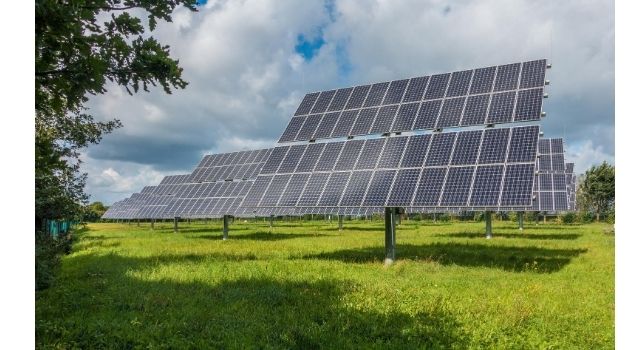
Massachusetts residents should be aware that there are many tax incentives available to help them install solar power. The first is Section 1603 grant for installations completed before December 31, 2011. You can make money selling the solar energy produced by this program, also known as SREC. Your system can be fully funded in approximately five to 6 years. You will also continue to receive income through it over its life.
Tax credits
Massachusetts homeowners can receive tax credits for installing solar panels, making the investment more affordable. Solar panel installations on residential properties are encouraged by the State of Massachusetts through a program called SMART (Solar Massachusetts Renewable Target). Customers who install solar panel systems in their homes are eligible for monthly payments. The program is sponsored by the Massachusetts Department of Energy Resources (DOER) and Eversource, among other utility companies. The program's goal is to produce at least 3200 megawatts of solar power in Massachusetts. To be eligible for the program, you will need to connect your system to one or more of the three state investor-owned utilities. Each utility has different criteria for qualifying projects, and the rebate amount can vary greatly.
Massachusetts also offers Solar Power Performance Payments, which are also known as production incentives. These payments pay small amounts of cash based upon the actual performance or your renewable energy system. This is a better option than paying according to the system's rated capacity. As a result, you can get credit for the electricity you produce, which will help your solar PV system pay for itself.

Exemptions on property taxes
Massachusetts offers property tax exemptions that homeowners can use to reduce their tax bills. To qualify, you must have owned your home for at least one year. Some towns and cities offer exemptions. Not all homeowners are eligible. Each municipality has its own requirements and tax collection periods.
If you are the owner of taxable personal properties, you will need to file a Form of List at your local board of assessmentors. This form must be filed no later than March 1, prior to the start of the fiscal year. You must also file a Form of List if you own furnishings and effects and if you are a charitable organization.
A tax exemption may be available for your personal and real assets if you are a Massachusetts National Guard or Reserve member. Hingham, MA, recently approved a program to reduce taxes for military members and veterans. For more information, please contact your local assessor. If you are a Veteran, you might be eligible to get a reduced tax of up $1,500 for real or personal property.
State solar incentive program
The Massachusetts state solar incentive program (SMART), was recently extended to include customers from low-income areas. The program provides incentives based on per-kWh generation from solar panels. Customers will receive rebates up to 35% on their total solar production depending on the utility.

The program encourages Massachusetts to add 1.6 GW solar power capacity. The state has eight 200-MW sequential tariff rates that are first-come-first-served. Therefore, the sooner you sign a contract for a solar energy system, the more reimbursement you will receive. Massachusetts's average SMART payment for solar energy systems is $950 annually.
The SMART Program is a complex program of incentives designed to guide solar projects towards energy equity and distributed generation. The program offers a spreadsheet tool to calculate incentives. It also requires that solar projects have a net-metering policy. In Massachusetts, if a solar project generates less than 60 kW, the utility will compensate the homeowner for that amount by offering a discount on the retail rate of energy.